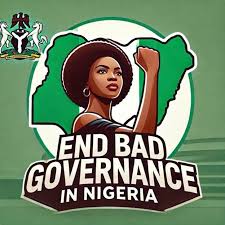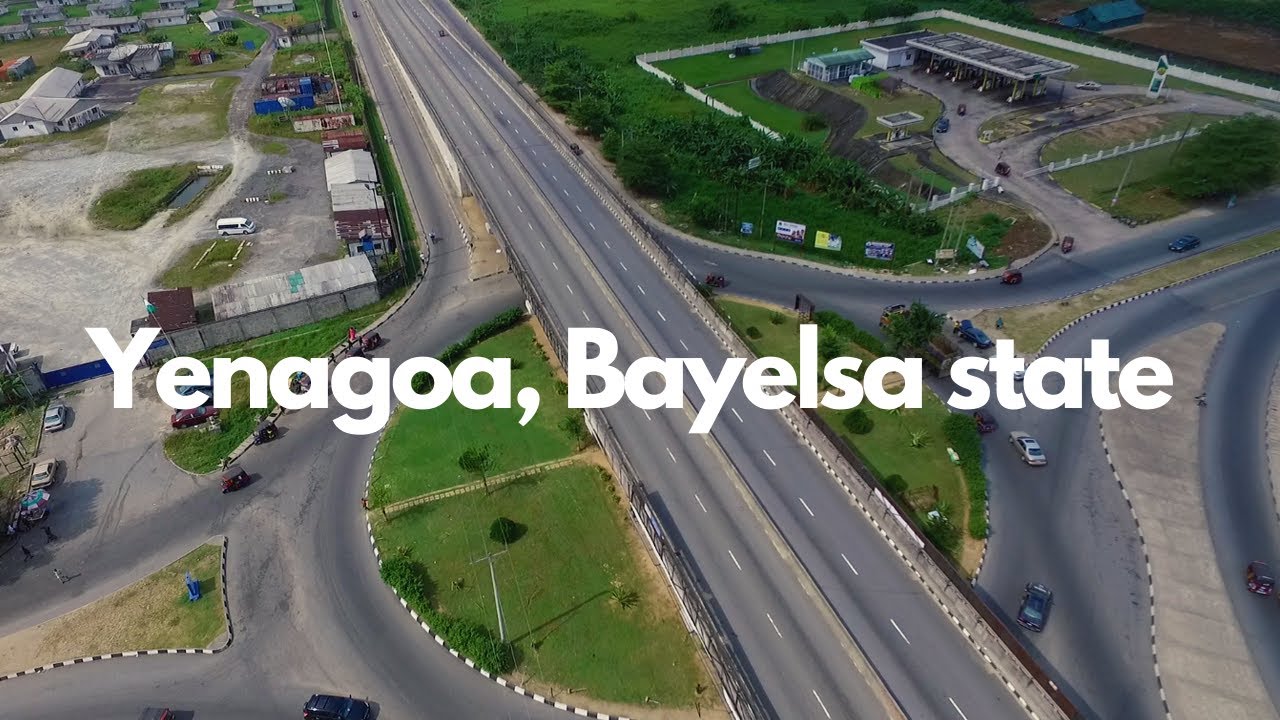The Procurement Observation and Advocacy Initiative, PRADIN has urged the federal government to shelve its plan to amend the Public Procurement Act (PPA) 2007 for the sixth time.
By Chimezie Godfrey
The Procurement Observation and Advocacy Initiative, PRADIN has urged the federal government to shelve its plan to amend the Public Procurement Act (PPA) 2007 for the sixth time.
This is contained in a statement signed by the National Secretary, Barr. Ayo Adebosoye made available to newsmen in Abuja on Wednesday.
Adebosoye stated that PRADIN as a leading civil society organization in the procurement eco-system is duty-bound to advise the government on procurement related issues in order to move the nation forward.
He stated,”Our organization, Procurement Observation and Advocacy Initiative, PRADIN has written a formal letter to the Attorney General of the Federation and Minister of Justice, dated August 12, 2024 and signed by our National Coordinator, Mohammed Bougei Attah, advising the federal government to shelve the planned amendment to the Public Procurement Act (PPA) 2007
“Recall that on August 14, 2004, the Federal Executive Council, FEC at its meeting resolved that the PPA 2007 should be reviewed. The reason provided was that the “The government’s desire is to reconcile discrepancies between the Appropriation Act, the PPA 2007 and the Fiscal Responsibility Act” This was announced by the Honourable Minister of Budget and National Planning during his address to State House Correspondents.
“He revealed that a Committee was said to have been set up under the Chairmanship of the Minister of Justice to review the PPA 2007 and consider the above, as reported in several national media outlets including the Leadership Newspaper.
“As a leading voice of civil society organizations, CSOs in Nigeria’s procurement eco-system, that have participated in most of the unsuccessful amendments to the same Act since the year 2017, we feel duty-bound to share our thoughts and experiences on the subject to guide the Committee in this national assignment to move the nation forward. This we believe is very important and necessary in view of the lapses recorded in the past, from the era of President Umaru Musa Yar’Adua to President Muhammadu Buhari spanning ten (10) years and more.”
He pointed out that the main focus of the committee’s work is to enhance fiscal responsibility and transparency in government’s spending.
“While this is a good move, it should be noted that similar objectives for amendments were made in previous attempts to amend the Act. It is important to draw your attention to the fact that this next amendment, if it scales through, will be the sixth (6th) in the series of amendments sought.
‘And while it is a common knowledge that no law is perfect and that all laws are amenable to review, our argument against the proposed review is based on the simple fact that the PPA 2007 under discourse has never been implemented in full. Part 1, Section 1 of the Act, under ‘Establishment of the National Council on Public Procurement (NCPP) and its Membership has not been implemented by the Federal Government as the law demand. And this we know is connected to all issues, including fiscal accountability and transparency in governance as well as corruption in the public sector,” he stated.
Adebosoye added,”The law (PPA 2007) that provides for the establishment of NCPP was passed in 2007 by the National Assembly, 17 years ago, but previous Presidents, pursuant to Sections 5(1), 148(1) 4(2) and 4(3) as well as S.171 of the 1999 Constitution failed to inaugurate the Council till date.
“President Umaru Musa Yaradua made an attempt in September 2007 to inaugurate this Council but this was cancelled when the “members” of the Council were seated and a report by the Chartered Institute of Purchasing and Supply Management, CIPSMN to the President in writing accused the BPP of submitting the name of a student member of the Institute to the then Secretary to the Government of the Federation, SGF without consultation with the Institute to confirm if the nominee is a member of the Institute qualified by examinations
“Lack of capacity to interpret the laws, apply them as well as interrogate defaulters is another factor that has been the bane of our large-scale corruption in public procurement. For example, there is no Procurement Audit Report that has been submitted to the National Assembly as required by law in Section 5(P) of PPA since 2007 because the BPP does not as at today have any competent and qualified person, as required by law, to sign a Public Procurement Audit report and lay same on the table of the National Assembly bi-annually as required in the above section of the law read together with the CIPSMN Act 2007. It is exactly thirteen (13) years since this law was enacted and we are yet to address the huge gap in our quest to fight corruption.”
He further stated,”By virtue of the provisions of section 5(1) and 148(1) of the 1999 Constitution as well as the Finance (Management Control) Act of 1958, only a National Council on Public Procurement with the Hon Minister of Finance as Chairman can consider, approve and amend the Monetary and Prior Review thresholds for the application of the provisions of Public Procurement Act 2007 by procuring entitles. So, by implications, the threshold presently in use without Council’s approval is illegal and not correct.
“The Council is not required to approve procurement contracts of MDAs but is expected to consider the associations of partnership with the BPP which will facilitate the discharge of its functions and to go into liaison with relevant bodies or institutions, at national and international levels for effective performance of its functions under the Act. By these provisions, the law envisages a Council before the Bureau (to serve as its Secretariat), but in the present circumstances, it is the Bureau in existence without the Council. A case of a child without a father.
“In conclusion, fiscal accountability and transparency in governance as well as reduction in corruption in the public sector stem from sound procurement practices.
“While governments efforts are geared towards reconciling discrepancies between the Appropriation Act, the PPA 2007 and the Fiscal Responsibility Act, the first (AA) is to guide while the second (PPA) is for implementation and the third (FRA) is to monitor and evaluate the process to ensure transparency.”




